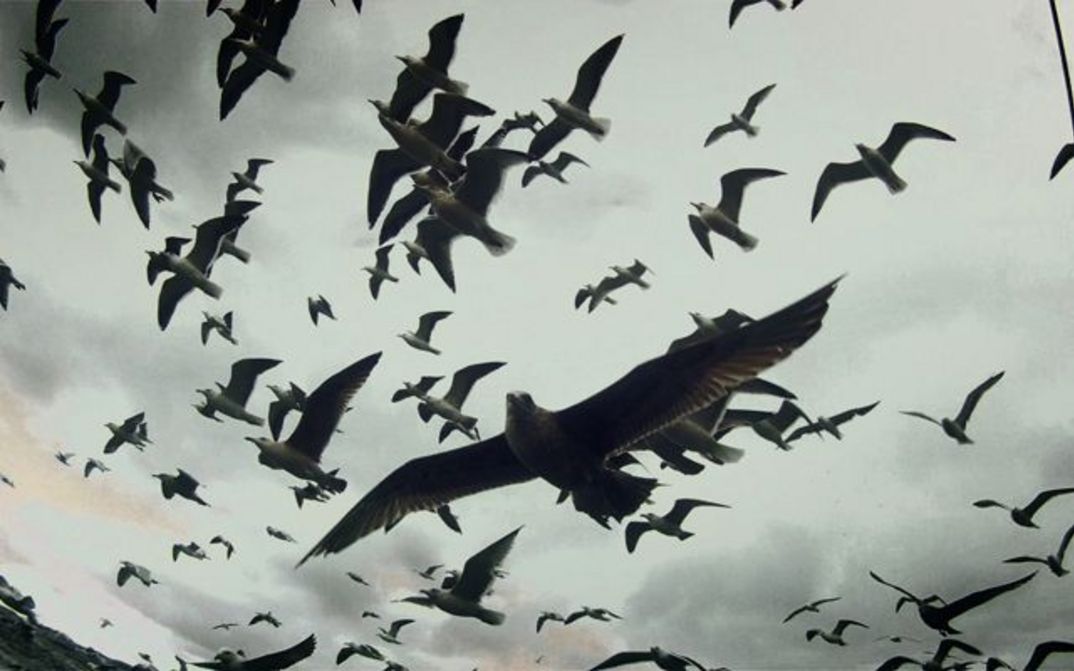Magical History Tour – Dizziness, Vertigo, Disorientation

Dizziness, vertigo, swaying and tottering – sensorial disorientation is to a certain extent inscribed into cinema. The first moving images may have been dizzying for cinema audiences of the time, even if the records of the terror experienced at a screening of Lumière’s The Arrival of a Train at La Ciotat Station (1896) has been long since revealed as a marketing trick. The physical and mental confusion generated by the pitching and swaying of the cinematic world, the suspension of normal orientation and a conspicuous lack of any foothold can still very much overwhelm audiences today. The destabilizing triggers are manifold, frequently beginning with untethered-seeming camerawork (see the Vertigo zoom) and form the starting point for reflections on the dynamics of society, for thinking about (and perceiving) time and space, humans/nature and machine. The Magical History Tour selection for January offers some examples of this tendency: a journey to where the ground is no longer under your feet, ranging from LIMITE (Mário Peixoto, Brazil 1931) to LEVIATHAN(Castaing-Taylor/Paravel, USA/France/United Kingdom 2012). (Milena Gregor)